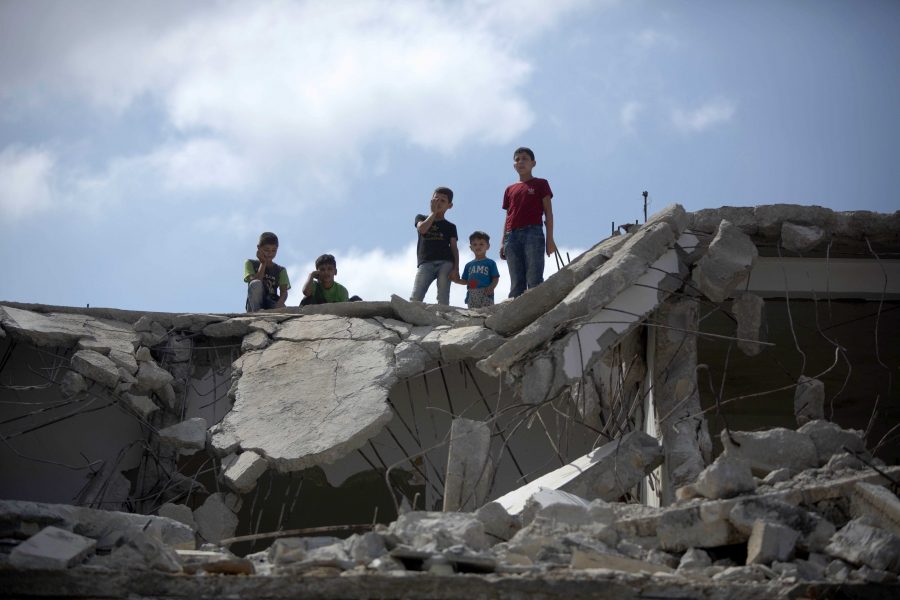Over the past couple of years, there has been what seems like an unprecedented level of terrorism in the Western world. While radical terrorist organizations have always been at odds with the Western way of life, ISIS seems to have brought a whole new level of hatred to these philosophies.
A variety of public spaces have become potential targets for terrorist activity — nightclubs, concert venues, streets, office buildings, festivals — and the list goes on and on. One of the most notable trends that has accompanied the rise of these sorts of terrorist attacks is an increase in an isolationist viewpoint.
As fear of terror attacks on home turf grow, so, too, does the desire of Western countries to separate themselves from the risk.
This past year, a variety of events have occurred that are hallmarks of this growing fear. For example, Donald Trump (with his proposition of banning all Muslims from entering the United States) has risen to the political forefront, major changes have occurred in global diplomacy (i.e. Brexit), and gun legislation is easily the most hotly debated topic in domestic politics. All of these occurrences have direct ties to a growing culture of fear brought on by ISIS and terrorism in general.
The Daily Iowan Editorial Board believes there is an important parallel, however, that has yet to be drawn with respect to these terrorist attacks on Western daily life and the response by those in power.
The rest of the Western world is now beginning to get the slightest idea of what life in Israel is like — and has been like for several years.
It is common in Israel to see standard buildings and dwellings that feature bomb shelters. And it is all-too-common for innocent civilians to be stabbed in the streets in Israel. Simply put, terrorism is an extremely unfortunate part of daily life in Israel.
The fears that the world is just now beginning to feel are the fears that the people of Israel have lived with for years, even decades. And Israel has often faced harsh criticism, even condemnation for the way in which it has handled scenarios with the Gaza Strip and Hamas, such as the Israeli-Palestinian conflicts during the summer of 2014.
Israel’s actions during this time were regarded by many — including U.N. Secretary-General Ban Ki-moon — as aggressive and unethical, despite those actions later being confirmed as justified. Now, two years later, the world is starting to feel the pain of a constant terrorist threat and is responding in kind: with anger and resentment toward a broad group of people, most of whom are innocent.
The Editorial Board by no means supports or condones the newfound isolationist perspective spreading throughout the United States and European countries, but it would like to point out that which is going unnoticed.
Not so quietly, terrorist threats are spreading well outside the turbulent Middle East. ISIS, and individuals who have pledged allegiance to the group, have taken aim at one of the cultural centers of the Western world, France. Yet despite this growth, far too few are realizing that this was already happening in Israel and that Israel’s response just may be justified.



